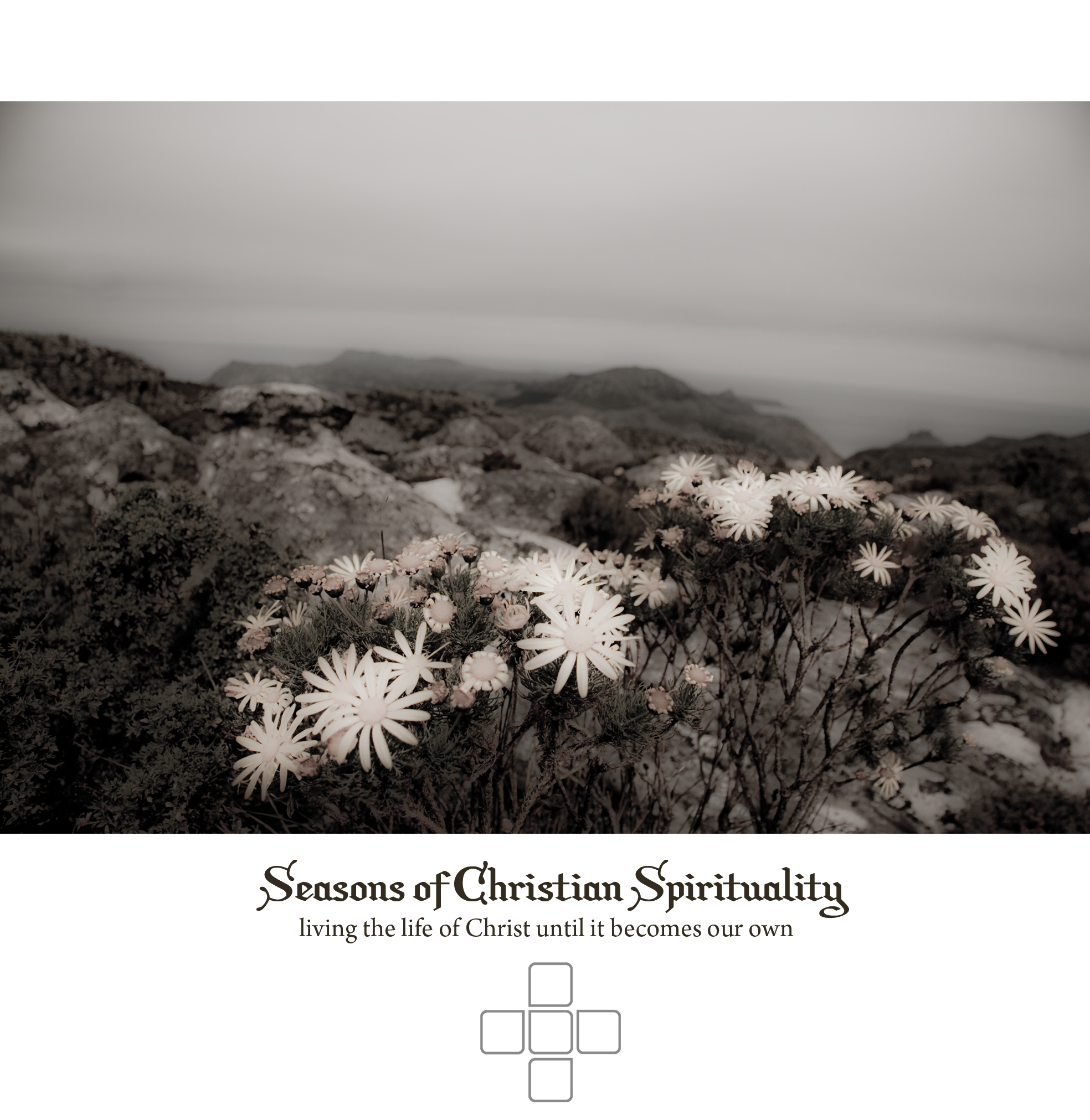Jesus died and descended into the depths of Hell (Ephesians 4.8-10). He did not suffer, for his suffering was completed on the cross (John 19.30). He preached to those tormented because of their sin (1 Peter 3.18, 20; 4.4), spreading the fragrance of himself even into Hell (2 Corinthians 2.14-16). He departed (Acts 2.27, 31), bearing the keys of Hades (Revelation 1.18) and destroying death itself (Hebrews 2.14).
Holy Saturday is the time in the Christian liturgical calendar when we remember that Christ descended into Hell. It wasn’t over for Jesus after he was crucified. He didn’t just die and then ascend into Heaven—he died and then descended into Hell, into the very fires of sin and oppression.
He let himself be overcome by death so that it would gulp him down into the depths of the world. He penetrated death. He went beyond death. And he brought the redeeming, re-creating God with him down into the depths and re-seeded creation with resurrection energy.
On Holy Saturday, a rift opened between how things are and how we experience them. What on the outside looked like victory for darkness and evil was actually the beginning of victory for the beautiful, the noble, and the true. When things looked darkest, the churning work of redemption had already begun. On the surface, everything looked as if evil had triumphed and was now enjoying its eternal reign. Beneath that surface, however, Christ was working furiously to undo the power of death and to de-power it forever. What appeared to be a tomb was actually a womb through which new creation was born (and continues to be born).
Jesus’ resurrection was like the eruption of a volcano. An eruption is the result of constantly building heat and pressure beneath the surface of the earth. From the outside, a volcano can look dormant, but if you saw what was happening beneath the surface you would know that the mountain was about to blow. Holy Saturday looked for all the world like a dormant volcano. There were no visible signs of activity or heat or generative pressure, but the eruption of resurrection proved to us that the fire of God was already burning deep in the heart of the world.
And so Easter morning was like the eruption of a divine volcano. The resurrection reveals that God’s fire had been burning in the bowels of the world, a fire which continues to burn and overflow with its healing power and presence and passion.
The holy eruption affects everything. Everything in its way will be destroyed. This is a good kind of destruction, for the things that stand in the way of Christ are not things we ought to protect. Pride stands in his way, and will be removed. Disingenuous behavior stands in his way. Fear stands in his way. And they will all be removed. Our sins are destroyed, as is the power they once held over our lives.
Just as new life always emerges after a volcano’s eruption, another kind of spiritual ecology will also emerge. This is resurrection—new life in place of the old life that has died. The old life—concomitant to all those things that stand in the way of Christ and seek to divert him-in-us—is gone, but the new life is just beginning and everything is in bloom. The new life is healthy, whole, and understands its proper relationship to God.
I think sometimes when we lose our jobs, or enter into a separation from our spouses, or when we suffer some great reversal like rejection or failure, we are living through a Holy Saturday. Everything on the surface of life looks like we’ve lost. It’s as if hope has gone out of the world and now we are stuck in the humdrum hopelessness of business-as-disappointingly-usual. But it is precisely at this moment that we must remember there is no Hell where Jesus has not already been. There is no pit of darkness where life can take you that Christ has not penetrated with the light.
Already, from the heart of the world, the new forces of transformation and resurrection are at work. We do not take heart merely from what we can see, but also from that which is unseen. The volcano is not dormant. The failure is not final. There is more to the story. Christ’s sacrifice, of necessity, preceded his invasion of death and Hell. He had to die before he could be resurrected. God’s promise is building beneath the surface of your life, and will soon erupt in new life, new hope, and the fulfillment of new dreams.
In this we place our hope: that on Holy Saturday the sacred heart became the innermost heart of the world.
This post is from Seasons of Christian Spirituality.
fossores
Related posts
Categories
Category Cloud
Tag Cloud
Recent Posts
- Victors and Victims November 6, 2018
- 3 Hacks for Happiness October 29, 2018
- Hope Against Death September 20, 2018
- The Shape Of The Cross September 19, 2018


